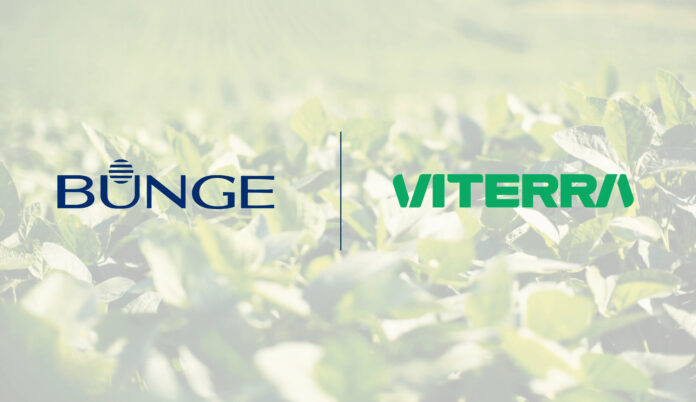Farmers in Canada are expressing concerns over the approval of US grain trader Bunge’s $34-billion takeover of Viterra, backed by Glencore. They fear that this merger will limit their options to sell crops at competitive prices and reduce their leverage in the market. These fears stem from the fact that the government did not require enough concessions from Bunge to address the potential negative impacts on farmers.
The approval of this merger with conditions was a crucial step in finalizing the largest-ever global agriculture merger by dollar value. Many experts had anticipated that asset sales would be necessary to alleviate concerns of overlapping businesses in the country. However, farmers in Canada, particularly those in the canola and wheat sectors, are already facing challenges due to years of drought and low commodity prices. The consolidation among grain traders could further exacerbate their struggles and hinder their ability to negotiate fair prices.
The Agricultural Producers Association of Saskatchewan president, Bill Prybylski, voiced the concerns of farmers, stating that they will be the ones to suffer the consequences of this merger. The combination of Bunge’s oilseed-crushing plants with Viterra’s grain storage, shipping, and processing facilities, along with Bunge’s stake in G3, could potentially limit competition in certain areas, leading to reduced options and lower prices for farmers.
In response to these concerns, Transport Minister Anita Anand imposed conditions on the approval, including the sale of six Western Canada grain elevators and two oilseed-crushing plants by Bunge. Additionally, Bunge officials on G3’s board of directors will be replaced with independent directors. Despite these conditions, farmer groups such as the Grain Growers of Canada believe that the concessions are not sufficient to offset the negative impacts of the merger, estimating an annual cost of $770 million for farmers.
The president of Keystone Agricultural Producers, Jill Verwey, welcomed the ordered sale of an oilseed crushing plant as a step in the right direction to address farmers’ concerns. Bunge, which announced the proposed merger in 2023, anticipates closing the deal early this year, pending approval from Chinese authorities, which is the final major hurdle.
A study conducted in 2024 by agricultural economists commissioned by farmer organizations highlighted that the merged company and G3 would control 45% of Vancouver port grain terminal capacity. Despite these concerns, the Competition Bureau in Canada dismissed them, stating that port terminals primarily serve their owners’ needs and do not compete for export business with other companies.
Overall, farmers in Canada are apprehensive about the implications of the Bunge-Viterra merger on their livelihoods and the agricultural industry as a whole. The government’s approval with conditions may not be enough to address their concerns, and they are calling for more stringent measures to protect their interests in the face of increasing consolidation in the grain trading sector.




